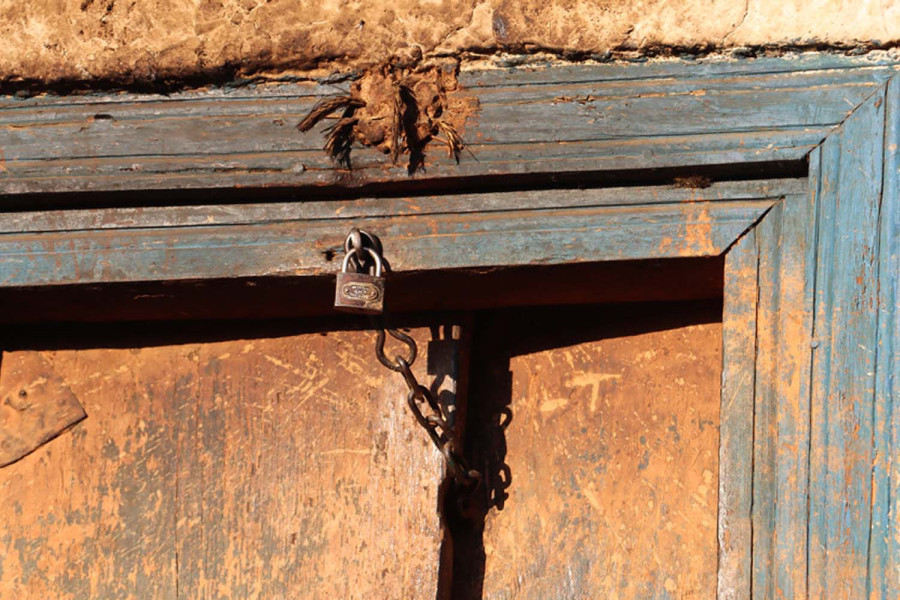Editorial
New loan sharks
Loan delinquency is a growing problem as microfinance firms charge exorbitant interest rates
The slow transformation of certain microfinance companies from financial support agencies to loan sharks has undercut the very idea of microfinancing. In an ideal scenario, microfinancing offers a much-needed cushion to financially vulnerable individuals and small businesses that don’t have access to traditional lending resources. In many cases, this idea has worked in Nepal, giving aspirational people small pushes they need to earn and achieve financial independence. However, a big number of microfinance companies are known to be benefiting from poor people’s ignorance about the functioning of the loan system, and exploiting their meagre resources to fill their own coffers. As Kantipur daily reported on Thursday, poor people from far-western districts of Dadeldhura, Bajhang, Achham, Bajura and Darchula, among others, are either committing suicide or absconding villages after failing to pay exorbitant interests to microfinance companies.
At an annual inflation rate of 8.1 percent, people are having to take out loans even to meet their basic food and shelter needs. Lack of financial cushion, effective social security fund and welfare system means people have to seek loans even to meet such basic needs. The coronavirus pandemic that left millions of people unemployed throughout the country only exacerbated the problem, especially for daily wage-earners. Added financial vulnerability, accompanied by lack of government attention and support, has led the poor to a quicksand of exorbitant loans. The only way out is to take further loans in the hope of survival and revival. but once weighed down by loans, there is little hope for the creditors’ escape. Rather than liberating the poor and vulnerable from hardship, the microfinance companies with exorbitant interests are pushing them further into poverty.
Between formal banks and individual loan sharks are the microfinancers who are often exploiting the poor, fully cognizant of their vulnerability. Microfinance has reached places and people where banks have not, making business out of such lacunas. Their interest rates are lower than those of individual loan sharks, which is what draws the people to them. Moreover, they reach remote corners of the country that banks shun. Their ability to entice people with easy terms inspires unsuspecting people to accept such loans. What’s more, they lure poor people with the exemption of mortgage. This facility is what draws poor people to loans, as they often cannot produce such mortgages. The terms and conditions of the loans are usually not fully explained, or at least not in a way in which the poor people understand.
The microfinance imbroglio does not just add to the prevalent economic inequality in society but also leads to individual psychological trauma and social discord. It is an injustice on the poor as financial institutions take advantage of the poor people's vulnerability and financial illiteracy. The government should investigate the claims made by the debtors and negotiate a settlement between them and the financial institutions.
The federal system has made access to government resources a bit easier. Local bodies have more resources nowadays, and are often helping people with small loans and grants. They should actively seek the poor people and help them with microfinancing before loan sharks reach them. Moreover, the government should run financial literacy classes for the poor so that they know how to manage their finances and seek ways out of poverty in an informed manner. No one should have to run away from their home and hearth just for trying to make their ends meet.




 9.7°C Kathmandu
9.7°C Kathmandu














